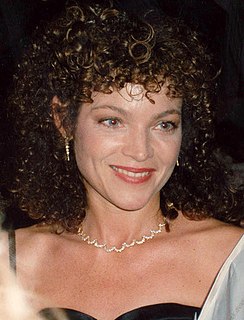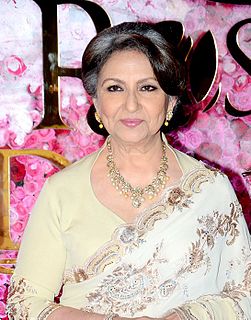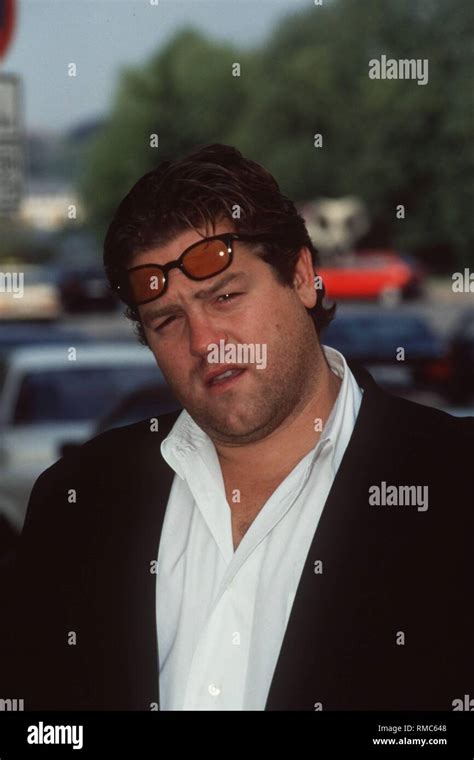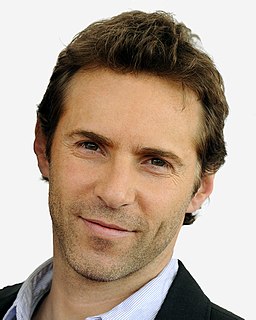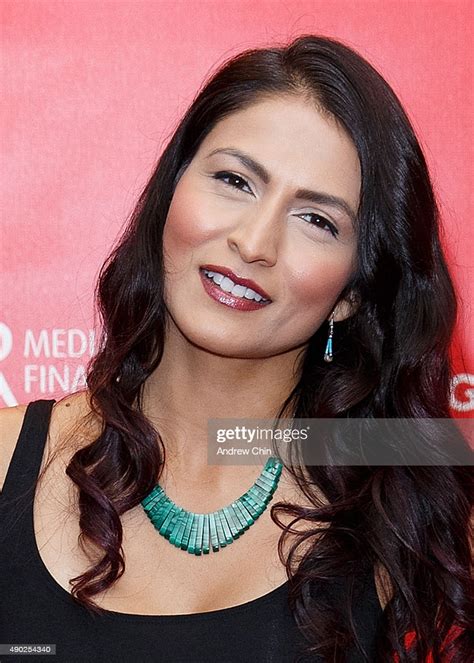A Quote by Anton Corbijn
'Control' had to do with my own life a lot, and that's why that seemed to be a film I could be the director of, because I had an emotional attachment to the whole story. And because of that experience, I feel that I can try other films. I didn't set out to become a director.
Related Quotes
Film’s thought of as a director’s medium because the director creates the end product that appears on the screen. It’s that stupid auteur theory again, that the director is the author of the film. But what does the director shoot-the telephone book? Writers became much more important when sound came in, but they’ve had to put up a valiant fight to get the credit they deserve.
As soon as you start making a film that's expensive then the studio wants total control over all elements of it because they want to get all their money back. If you make a smaller film you can try a lot more things because you can have control over it and not just be a hired director. The lower the budget the more freedom you have.
There is a sort of creative purity in an independent film, in the passion of the director, the passion of the crew. They're not getting a whole lot of money, so you know they are not there because they want to get rich. Instead, they are there because they want to make a movie. In the bigger films, I remember when I used to do those, it's just a job for a lot of people, so there is less of an intense energy devoted to the whole project.
Barry Levinson is such a deceptive director, because he seems really lackadaisical. I'd never worked with him before, and I almost got the impression that he didn't really care that much because he was so laid-back. Sometimes we'd finish filming hours before the day was over, which is just unthinkable in any other film experience I've had. I couldn't believe that Barry had the passion for it.
I didn't want to be around anybody because it was just too much for my brain. But, as an actress, you hope you get those meaty roles that push you into the extremities of that psychology. I like doing independent films because there's more room for you to be creative, and the director allowed me to just go wherever I needed to go. It was emotional. I had to cry a lot.
I've had friends who have come away who've said, "I shouldn't have become such close friends with the director." You always want to get on with the director, but I personally prefer a relationship where you respect them - you get on really well with them, but they're boss, as it were. It's about trusting your director, for better or for worse. They're the one's seeing what's coming out on the monitors, so you have to try and trust what they say.








